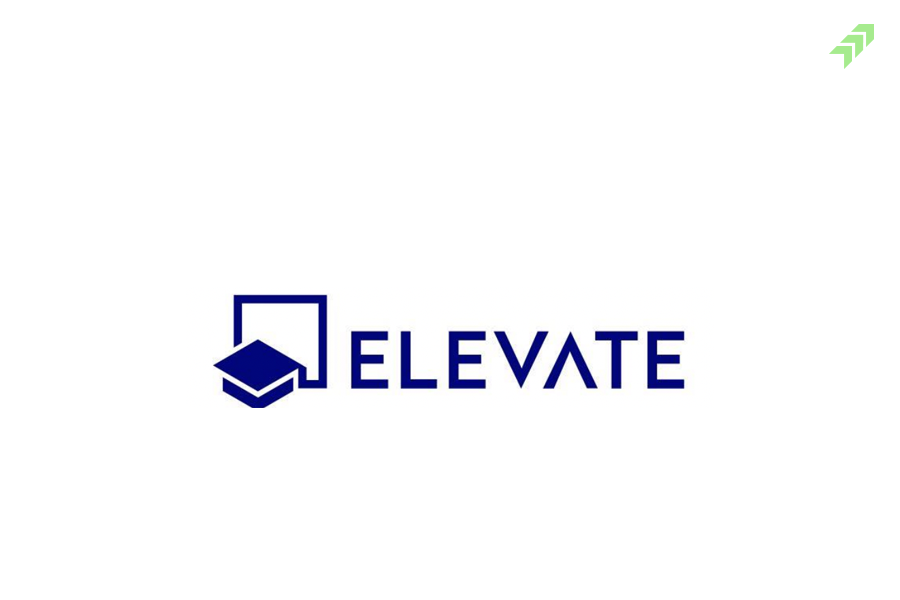Greenshoe
Under green shoe, the company issues an additional 15% share to the underwriter solely for risk management in the event that the share price falls below the offer price after the stock is listed. The underwriter shorts these shares only to buy them back at the same price at which they were shorted. If the scrip’s price rises, the underwriter can exercise the option and cover their short position at no-profit, no-loss, but is the stock fall after the trading begin in stock then the underwriter can buy from cash market and arrest the fall in stock further.
Gilt fund
Debt funds come in many varieties and with varying risks, but the gilt fund has the lowest risk. Gilt funds only invest in fixed-income securities with medium to long-term maturities issued by state and central governments. The performance of gilt funds is heavily influenced by interest rate movements. When a falling interest rate regime is about to begin, it is the best time to buy gilt funds. Gilt funds are appropriate for investors with a low risk tolerance who want to invest in government securities.
Gold exchange-traded funds
The Government of India introduced sovereign gold bonds as a Debt Fund in 2015 under Gold Monetization Scheme, as an alternative to purchasing physical gold. The scheme works by having investors pay the issue price in cash and then redeeming the bonds in cash at maturity. Investors are guaranteed the market value of gold at maturity, as well as periodic interest. “The redemption price shall be fixed in Indian Rupees and the redemption price shall be based on simple average of closing price of gold of 999 purity of previous 3 business days from the date of repayment, published by the India Bullion and Jewellers Association Limited” as mentioned on RBI website. The SGB eliminates the risk of storing gold in physical form. SGB is free of issues such as making charges and purity. The minimum initial investment is one gram of gold, and the maximum per investor is four kilograms of gold.
Golden share
This type of share provides special voting power in the form of veto power to shareholder. It allows the holder to prevent another shareholder from acquiring more than a ratio of ordinary shares. These are ordinary shares, with holders participating in profits and voting in the same way as other shareholders. The only additional thing they get is the special voting rights during tie-in voting and to block the company’s hostile takeover. In general, they can have direct control up to 51% of the company’s ownership. Government or government-owned corporations or organisations formed for specific purposes will hold these types of shares.
Open FREE Demat Account in less than 10 minutes
20
Get Instant Pledge Benefits* + Zero Delivery Brokerage* to maximize your returns
10
Per order only (No hidden charges)


















